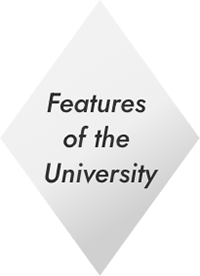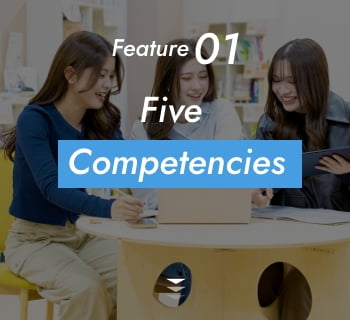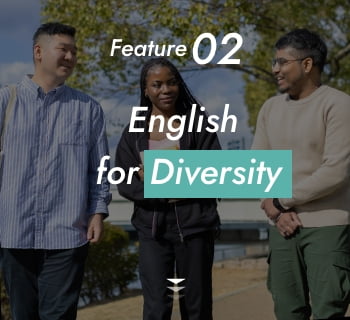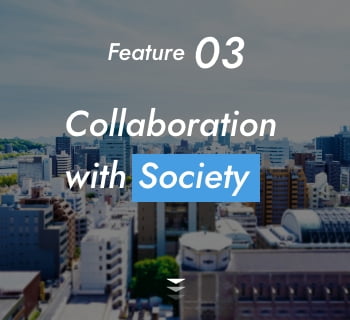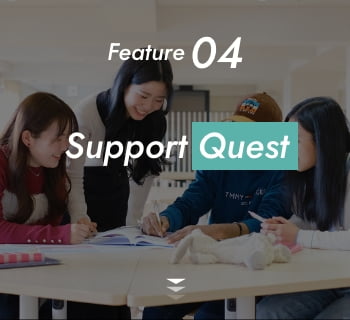Features of the University

Four Features Unique to Eikei University of Hiroshima
Eikei University of Hiroshima (EUH) was established with the mission of cultivating individuals who can design social systems using the competencies essential for the society of the future.
We provide a large learning environment where the entire city of Hiroshima is your campus and a practical curriculum through collaboration with corporations, NPOs, international agencies, local public organizations, and more, as well as a multicultural campus life where students gain a wide-ranging sense of values and English competency.
This page introduces several attractive points and features unique to EUH and its urban campus.
Feature 01

Five Competencies
At EUH, we provide a curriculum that systematically encourages students to gain the five competencies necessary to pioneer the future: global collaboration, foresight, strategy, energetic drive, and self-improvement.
Students acquire knowledge and skills through liberal arts courses as well as tools courses on ICT, data science, and design thinking/system thinking. Furthermore, by repeating practical output through project-based learning (PBL) and experiential/practical programs, students deepen their learning and refine the practical skills needed to solve social issues. Our class style also incorporates small class sizes and active learning to allow students to learn proactively as we support the growth of each individual.
-
Point 01
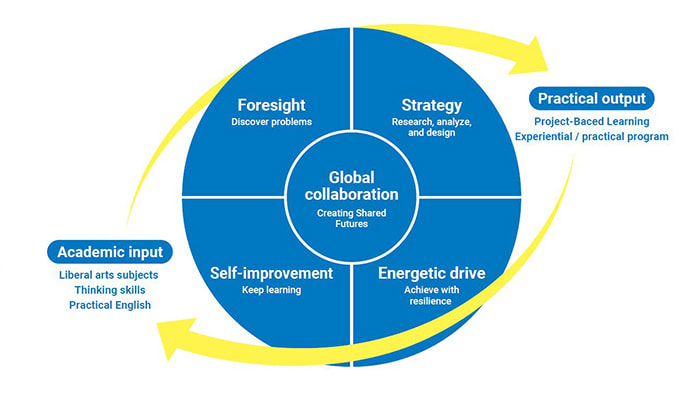
A curriculum designed to cultivate five competencies
Through liberal arts courses, tools courses, and more, our curriculum promotes the acquisition of knowledge. Through practical class cycles of PBL and experiential/practical programs, students can then feel their growth accelerate.
-
Point 02
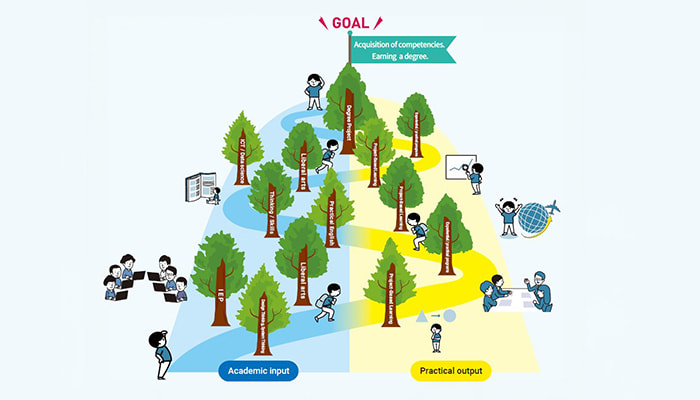
An educational program featuring both academic input and practical output to accelerate learning and growth
Through liberal arts courses, tool courses, and more, the curriculum aims for the acquisition of knowledge. Then, through the practical class cycle of PBL and experiential/practical programs, students can feel their growth accelerate.
-
Point 03
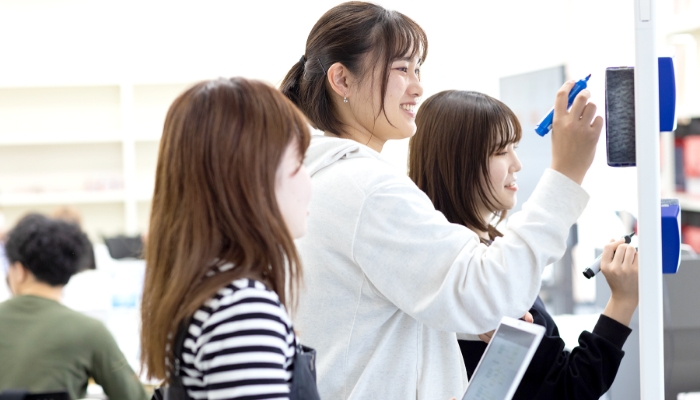
Extensive educational support through small class sizes, active learning, and more
We focus on education with small class sizes of approximately 25 students per class, as well as active learning featuring dialogue and group discussion among students. This style enables education and support that matches the individuality of each and every student.
Feature 02
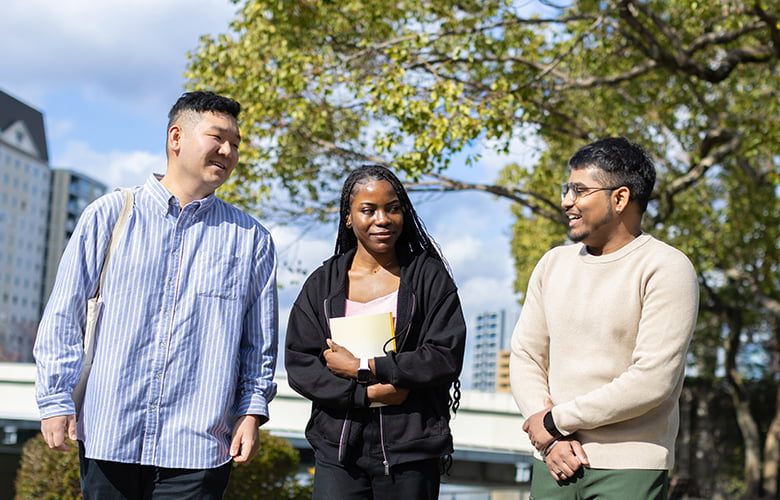
English for Diversity
EUH provides an environment where students can refine practical English skills and gain a diverse sense of values to collaborate with others.
For the first half-year after entering EUH, spring-entry students refine their English skills in our Intensive English Program (IEP). After that, all courses are offered in both Japanese and English, and the curriculum requires students to take at least half of their credits for graduation in English. Both in class and outside of class, students can place themselves in an environment where they encounter English daily. One in every four students is an international student, and there is an on-campus international dormitory. We also have diverse faculty and staff members, including those with active careers in their fields, and a Port support system consisting of about 40 students (10 students for each of the four years) and two or three faculty members with different fields of expertise, so students can experience multicultural interaction on a daily basis. Furthermore, through the overseas experiential/practical programs such as volunteering or internships, students can gain practical English skills and a global sense of values.
-
Point 01
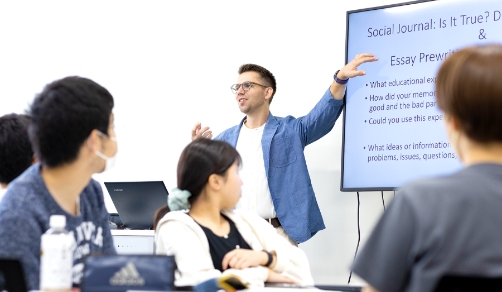
We have a global campus where one in four students is an international student. Through interactions with multiculturalism and unique faculty and staff members in their daily lives, students learn about internationalism and diversity.
-
Point 02
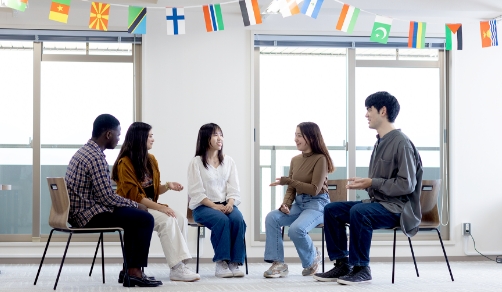
Through liberal arts courses, tools courses, and more, the curriculum promotes the acquisition of knowledge. Through the practical class cycle of PBL and experiential/practical programs, students can then feel their growth accelerate.
-
Point 03

We have an international dormitory for students located on campus. This environment allows both international students and Japanese students to learn about multiculturalism and coexistence by living together.
-
Point 04
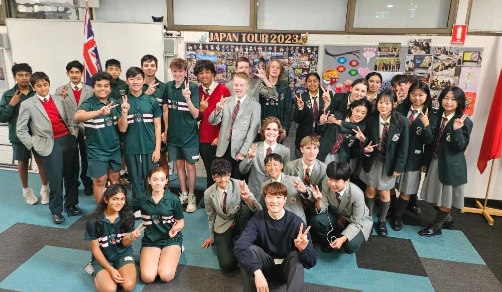
We have a wide variety of experiential/practical programs where students engage in internships and volunteer activities both in Japan and abroad! These programs expand both skills and possibilities.
Feature 03

Collaboration with Society
EUH provides real-world learning to give students opportunities to learn about society, gain experience, and connect with people.
In collaboration with the Eikei University of Hiroshima Council of Practical Learning Platform, which consists of corporations, local governments, NPOs, international agencies, and other organizations cooperating in education at EUH, students learn practical skills through project-based learning (PBL) where they work to solve real-world problems faced by corporations or local governments, as well as experiential/practical programs such as internships and volunteering. Furthermore, as an initiative of the EUH Center for Partnership and Research Promotion, the Co-creation Project is underway to create new business for corporations participating in the Eikei University of Hiroshima Council of Practical Learning Platform. Students in their second year and later can participate in the Student Collaboration Project, where they team up with a corporation and receive support from faculty members with project management skills. Students can also practice the academic knowledge they have gained in society through other opportunities to make proposals and participate in EUH management in various ways.
-
Point 01
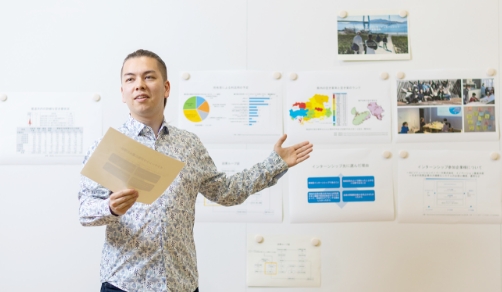
In project-based learning (PBL), students can work to find solutions to real-world problems faced by corporations, local governments, and other organizations. The number of credits students can acquire is the most in Japan!
-
Point 02
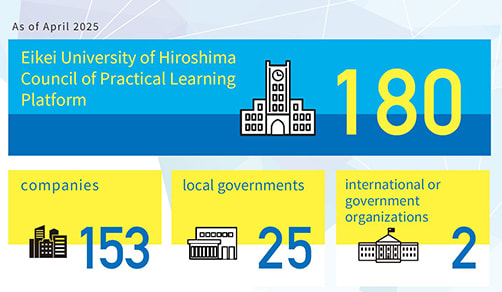
Over 160 corporations, local governments, and other organizations are participating! Issues faced by corporations or local governments are selected as exercise themes, allowing students to learn the process for finding solutions in a practical way.
-
Point 03
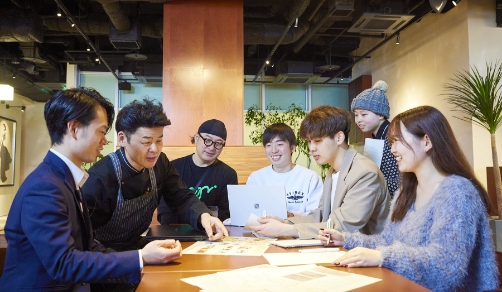
There are many extracurricular activities as well as the Student Collaboration Project, where students learn together with corporations! Students can participate from their first year and gain practical experience.
-
Point 04
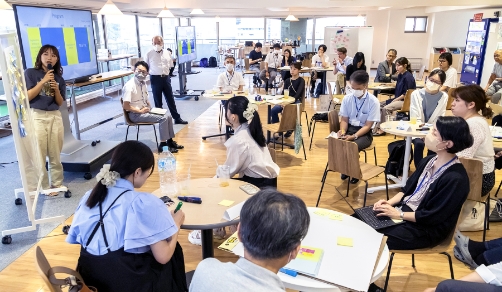
Students have opportunities to make proposals and participate in the management of EUH in various ways, including participation in the establishment of the basic framework at EUH.
Feature 04
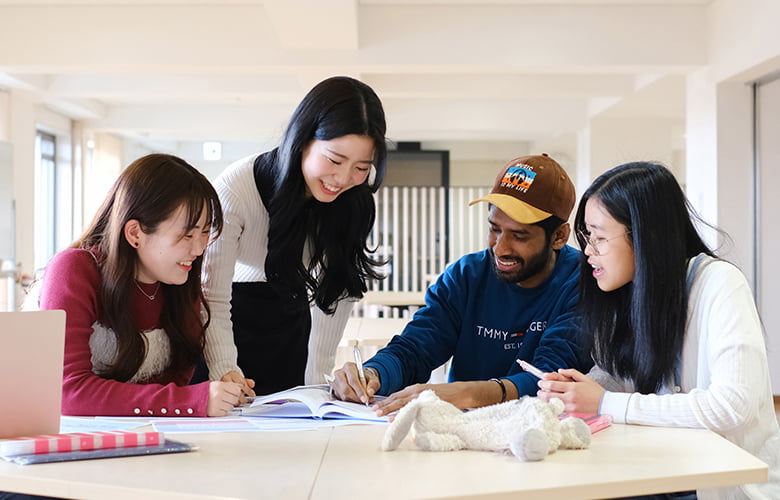
Support Quest
We provide an environment that helps students freely pursue the issues that they are interested in and practice finding solutions.
For example, in order to cultivate student entrepreneurship, we provide the Student Project Subsidy System to support student-planned projects. Faculty and staff members with diverse backgrounds provide guidance and cooperation regarding the investigations and practical problem-solving initiatives of students.
Also, by studying a wide range of liberal arts courses spanning the humanities and social sciences to the natural sciences, students can cultivate diversified perspectives that let them see matters in a comprehensive yet multifaceted manner, without losing sight of major trends. Furthermore, students engage in their field of interest in their "degree project" as the culmination of their learning, and by doing so, can dig deep into social issues to gain practical experience with finding solutions.
-
Point 01

The "degree project" is the culmination of each student's learning at EUH. Students set their own research themes and pursue their own interests and issues in-depth.
-
Point 02

In order to help cultivate student entrepreneurship, the university has a subsidy system for student-planned projects.
-
Point 03
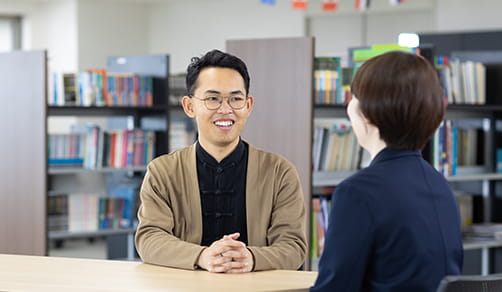
We have many faculty and staff members with varied careers, including some faculty members who have active careers in their fields. Our small class sizes allow us to provide detailed instruction tailored to each student.
-
Point 04
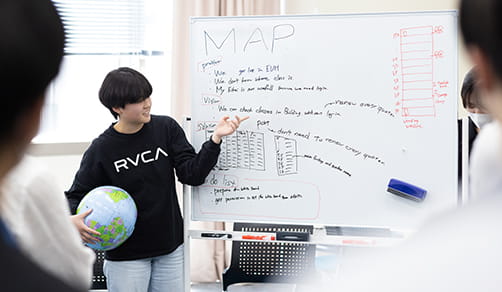
From the humanities and social sciences to the natural sciences, we have numerous liberal arts courses that consider SDGs! Students gain thinking skills they can apply in global society.
See even more content.
-
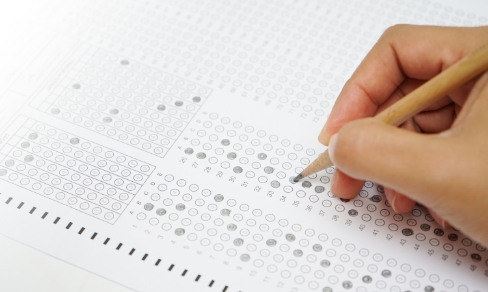
Admission Systems
Click here for information related to entrance examinations, including application guidelines, details of each entrance examination system, and examination schedules.
-
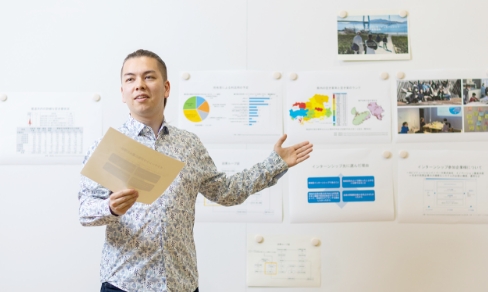
Features of Learning
Through mastery x practice, we nurture the ability to design the future and society. Here are some of the features of learning at Eikei University.
-
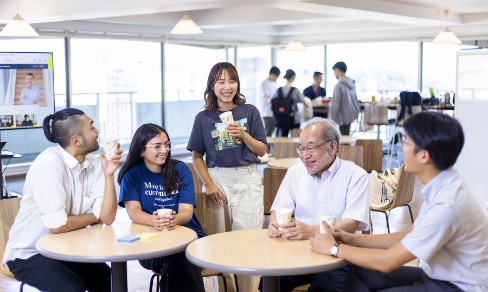
Life at Eikei
The entire city of Hiroshima is a place of learning.
Campus Life with the Urban Campus. -

Tuition and Scholarships
We have various tuition support and scholarship programs available to reduce the burden of tuition.


